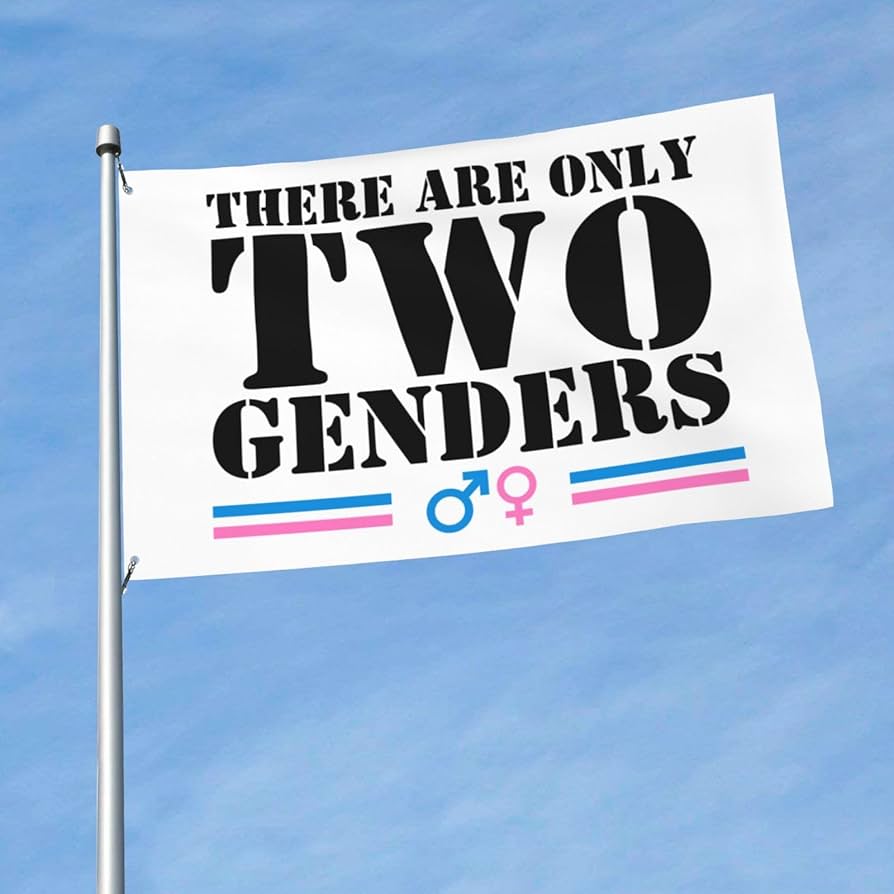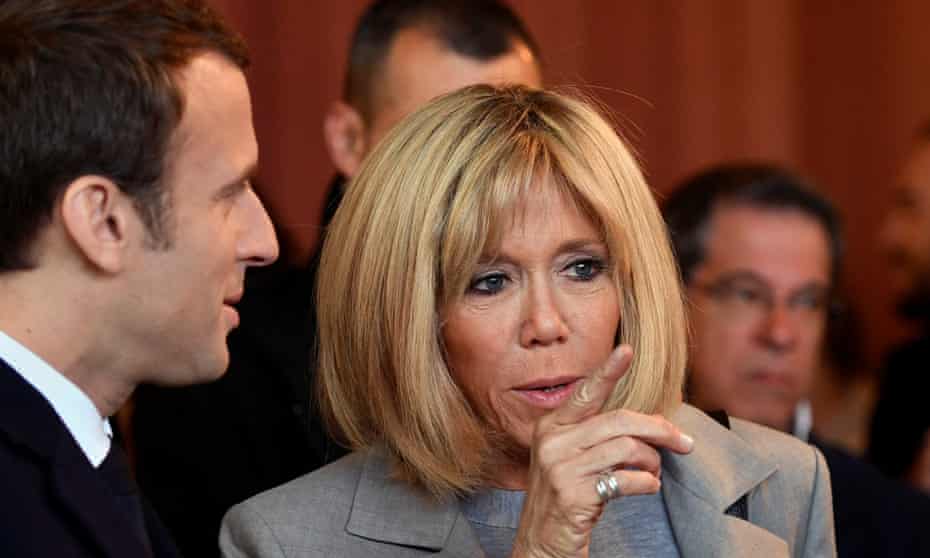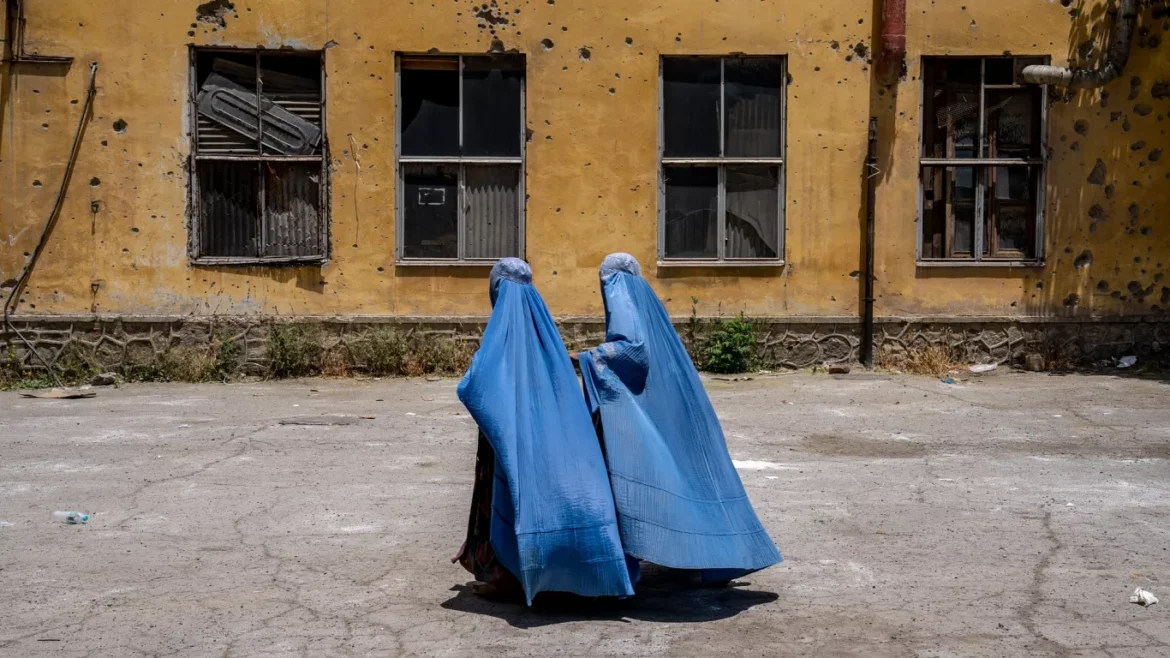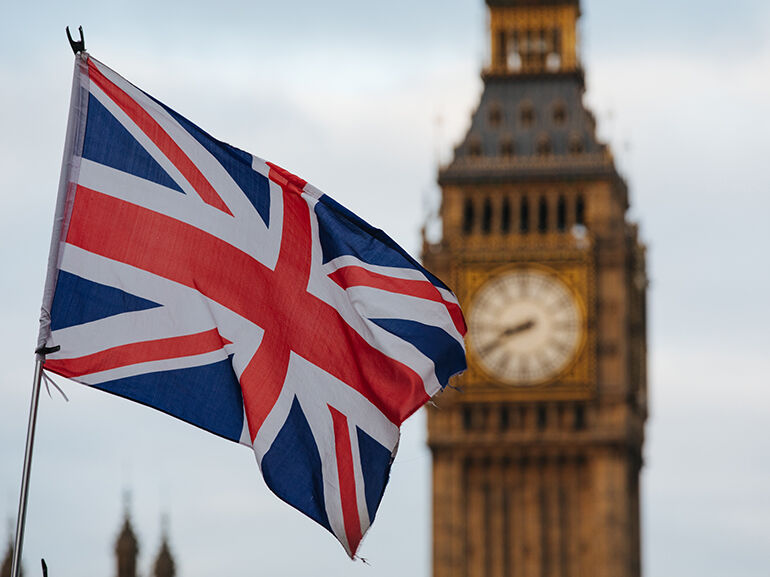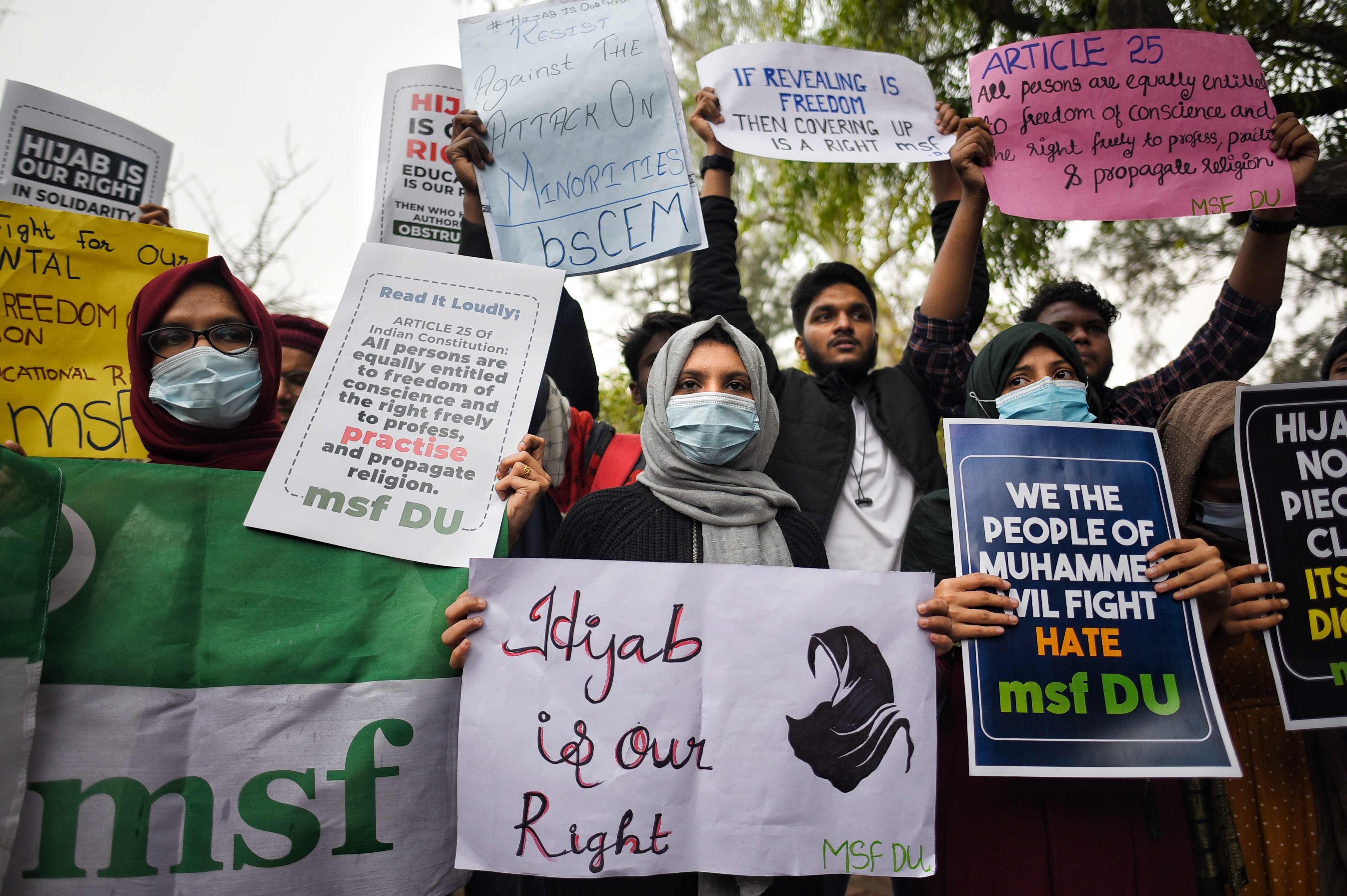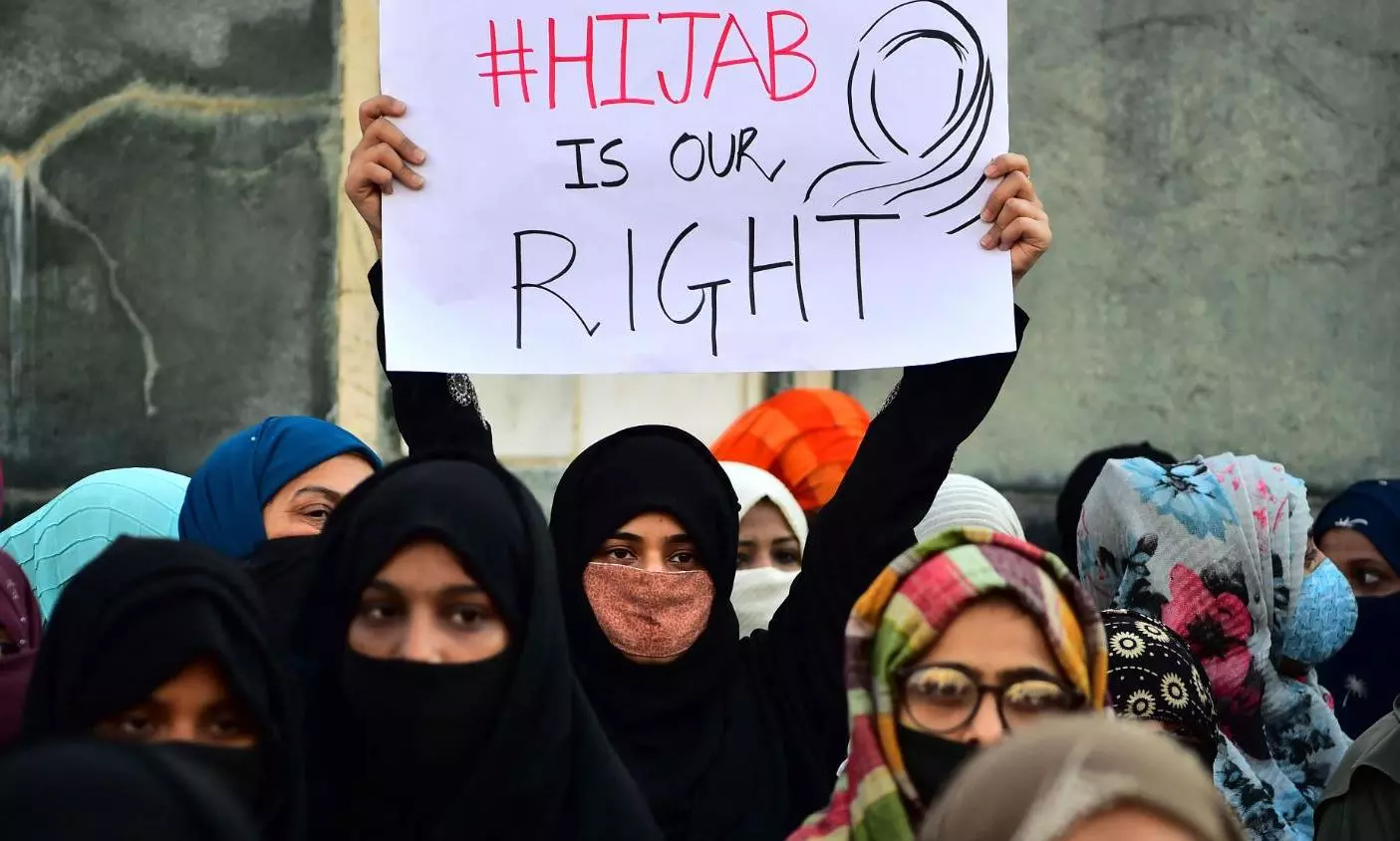In recent days, wild rumors have circulated online—alleging that Brigitte Macron was assigned male at birth. These claims, despite being false, have sparked lawsuits and digital uproar. At the same time, deep-rooted debates over gender identity have reignited—raising broader questions about identity, biology, and societal values.
✍|News Analysis By Ms. Soghra Ashouri
“Transvestigation” Rumors Targeting Brigitte Macron
According to Euronews, fake “transvestigation” claims suggest celebrities like Brigitte Macron were born male. These falsehoods have been widely circulated on social media. In response, French President Emmanuel Macron and his wife filed a defamation lawsuit in the U.S. against right-wing influencer Candace Owens, who promoted this conspiracy.
Notably, the Paris Court of Appeal ruled in early July on defamation—not on Brigitte Macron’s gender. It acquitted the defendants of defaming her—but did not make any determination about her gender at birth. Previously, in September 2024, two women who spread the same rumor were ordered to pay damages—€8,000 to Brigitte Macron and €5,000 to her brother Jean-Michel Trogneux, who the rumor falsely co-opted as her own identity.
Queer Theory Versus the “Binary” Principle
One of the most influential frameworks in modern social theory is Queer Theory, rooted in feminist critique and developed notably by Judith Butler in Gender Trouble (1988). It challenges the notion that identity and social roles must conform to strict male-female binaries. Historically, the “binary principle”—that all creatures, from plants to humans, exist in two sexes—has been embedded deeply in Abrahamic religions. This principle is supported by key religious texts such as the Quran (“Of all things We created pairs, so that you may remember”—49:51), the Bible (Matthew 19:4–6: “from the beginning, God made them male and female”), and the Torah (Genesis 1:27: “God created mankind in his own image… male and female he created them”) .
In contrast, Queer Theory posits that gender identity and sexuality are fluid. It embraces identities beyond male and female—such as those found within the LGBTQIA+ spectrum—seeing these as products of varying cultural and social constructs. This concept entered mainstream discussion largely through Butler’s work in the 1980s in the U.S.
Real-World Impact: Transforming Family Structures
In many Western countries—and in some parts of Eastern societies like Thailand and to an extent South Korea—recognition of transgender and non-binary identities has influenced social norms. Queer-informed societies have reimagined households: same-sex couples (woman–woman, man–man), tri-parent families (man–man–woman or woman–woman–man), and other non-traditional structures have become visible alternatives to the classic male–female-parent model.
Political Backlash and the Reassertion of the Binary
In response to these societal shifts, America witnessed a political counter-movement. In the 2024 presidential election, Donald Trump campaigned—successfully—on restoring the traditional binary understanding of gender, rejecting gender fluidity. Early in his administration, he issued executive orders banning gender-affirming surgeries and hormone therapies for transgender minors, and threatened schools with funding cuts if transgender women (individuals assigned male at birth) participated in girls’ sports.
The Western media, however, has depicted the lawsuit by the Macrons as emblematic of a pushback against Queer Theory and a return to traditional values—framing the false rumors about Brigitte Macron as both a symptom and a tool in that cultural struggle.
A Clash of Narratives: Identity, Power, and Influence
The story of Michel Obama, Jacinda Ardern, and other public figures being targeted by similar rumors highlights how “transvestigations” are more than just slander—they’re political weapons in culture wars.
The defamation suits brought by the Macrons demonstrate how those in power strive to counter false narratives, especially when those narratives infringe on their personal lives and public image.
Why It Matters for the East
This cultural moment—where gender, identity, and biology collide—is particularly instructive for Eastern societies. Blindly mimicking Western “progress” risks overlooking deep-seated societal and ethical differences. The real challenge lies in balancing modern inclusivity with cultural coherence—not erasing tradition in the name of progress.


